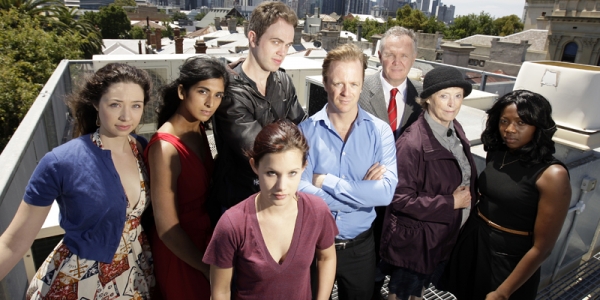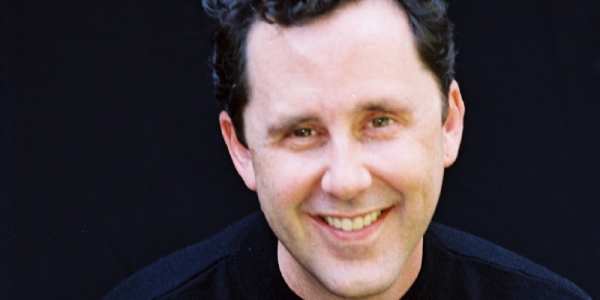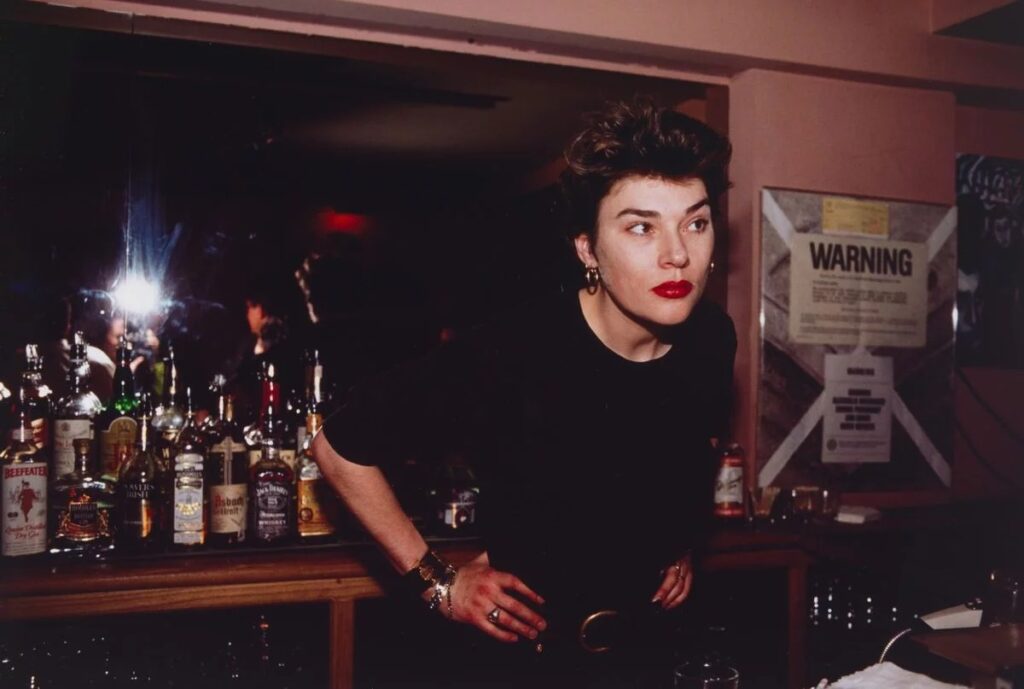David Myles has one of the most impressive directorial résumés this side of the equator. After throwing in the towel on his would-be medical career and following his actor brother’s advice, Myles moved to the other side of the world after finishing university. He spent the next 25 years between theatre stages and TV studios, accumulating references from the National Theatre of Great Britain and the Royal Dramatic Theatre of Sweden to the BBC and Paramount Pictures. Twenty years ago, Myles returned home to Australia to raise his kids, but that didn’t slow him down a bit. His latest project, Pornography, is the most recent in a long line of many. Although this time around, it is a little different. Rather than directing for a theatre company, this production of Pornography has been privately commissioned.
“I was approached by some people who knew my work,” Myles explains, “and who I’d known for some time. They just happened to say, ‘What would you do if you could make your own work – if you had your own choice of play?’ And I said, ‘Look, there’s this playwright [Simon Stephens] whose work I really, really love and there’s one of his plays which is really, really challenging for everybody – for everybody involved, for the audience – and it’s still pertinent now even though it was written a few years ago. And it’s never been done here, and this is what I would really like to do.’ So they had a look at the play and came back and said, ‘We’d like to make this happen.’”
Myles went to work, recruiting a group of people – both cast and crew – with whom he had previous working relationships. Being solely accountable for selecting a producer, lighting and imagery directors, and a cast of nine might have been overwhelming for some, but Myles insists, “I like having complete responsibility for everything, because then I can only blame myself if things don’t work.” Luckily, the crew he’s assembled seems to be working very well. Myles says the last few weeks of rehearsals have been some of his most enjoyable, largely due to that fact that he has worked with these people before and so knows how to draw out their best.
Now before you get too excited, the title of the play is not indicative of anything sexy. “It’s called Pornography because Simon Stephens thinks of ‘pornography’ as the pornography of everyday life,” Myles clarifies. “Society is becoming more and more isolated because of the political ideologies, and the revolution in communication. More and more people are spending more and more time on their own, and as a result of that isolation, people tend to objectify things outside their own experiences. That’s a form of pornography; it’s the diminishment of people or events as a result of not actually being aware, or not knowing much about them. “
The play is set in London in 2005 during some of the most intense days of the city’s recent history, with the collision of the G8 Summit, the Olympic Games announcement, the Live 8 anti-poverty concert, and of course the heartbreakingly fatal London bombings. During this period of heightened emotion, we come across six Londoners living six lives and managing to commit six different transgressions. But Pornography insists that we do not judge these people for their indiscretion before we hear their story; their side of the coin.
“[The London bombings] were initially publicised as being a terrorist attack from another world,” Myles explains. “Then when England found out that the ‘terrorist attack’ was actually at the hands of people who were born and raised within England, [playwright Stephens] tried to look at the attack as a transgression, rather than an act of terrorism; that people under pressure do things that they wouldn’t normally do. It’s the environment that they actually live in which is the cause of this, rather than that people are just inherently born evil.
“He’s then written about six other acts of transgression which vary in degrees of seriousness – saying basically, ‘Have a look at who these people are, where they come from, how they do, and why they do what they do and then make an assessment of the situation, rather than just believing the headlines that appear in newspapers.’” Myles considers the idea. “Pornography is a plea for understanding in the hope that – if we believe there is a hope for the future, then we have to believe in redemption as well, and the only way to do that is to understand the world around us.”
BY KATE MCCARTEN







